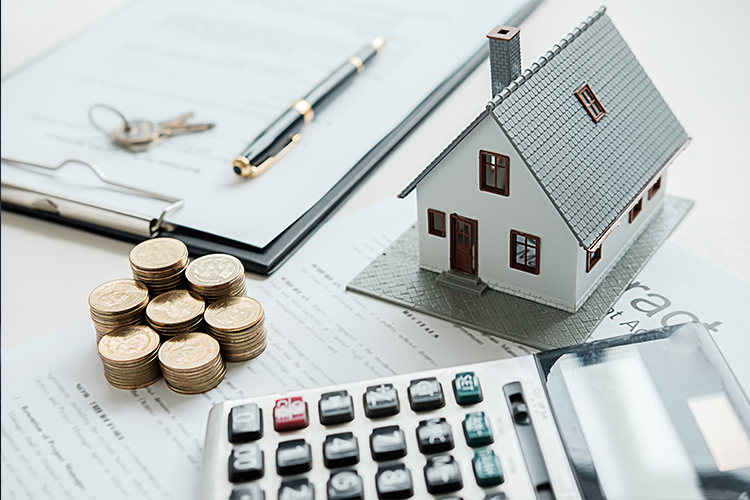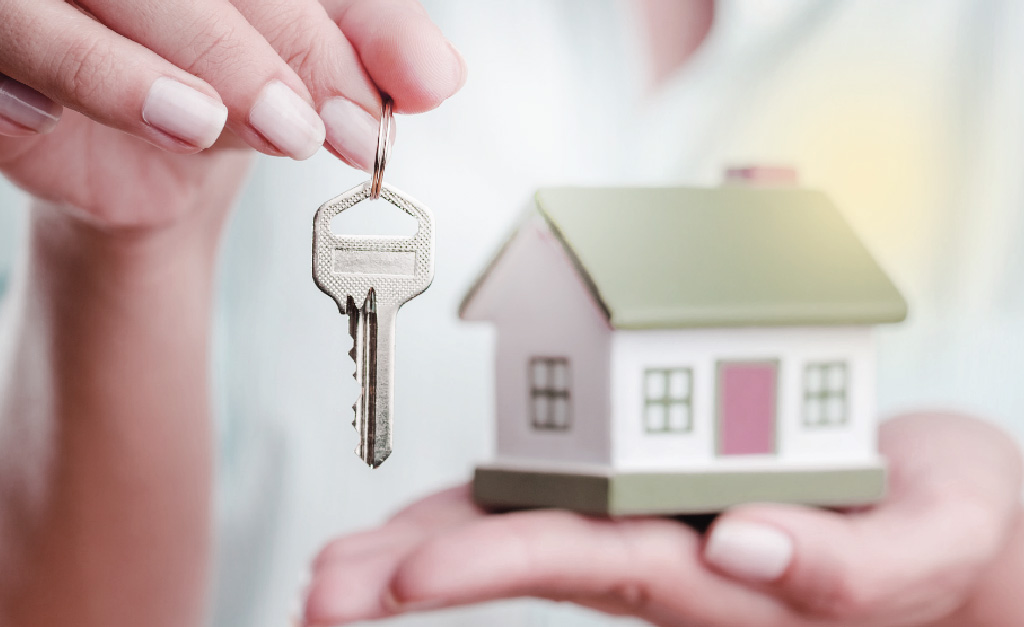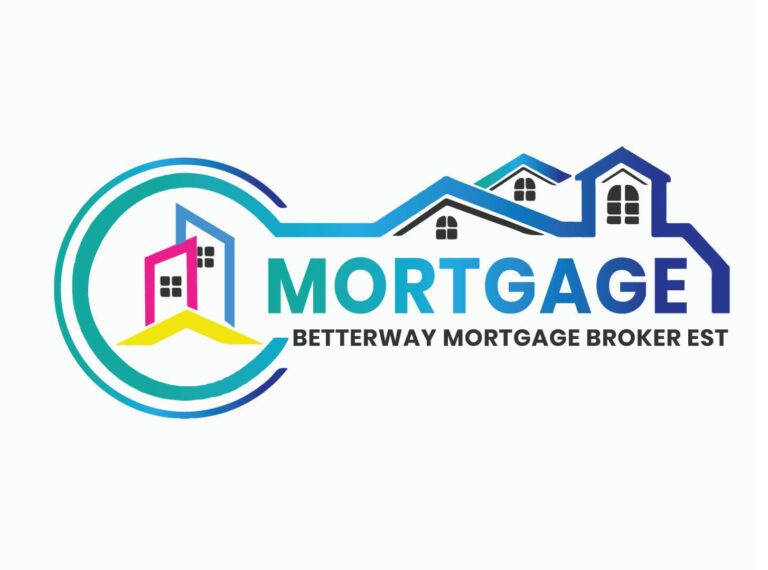BETTERWAY MORTGAGE
BROKER LLC Is Dealing with all the major mortgage provider in UAE.
About Us
So through commitment and with team of mortgage experts, we are here to help you take an informed mortgage decision in Dubai with the minimum of fuss. A certified independent mortgage broker firm headquartered at Dubai, UAE since the year 2023. The company is licensed by the Dubai Economic Department and the Real Estate Regulatory Authority. As a certified mortgage broker in UAE the company offers professional and reliable financial solution to property investors and to new home owners in Dubai.
Trusted Mortgage broker in Dubai
Welcome to Betterway Mortgages, Dubai’s premier mortgage consultancy. Nestled in the heart of a city renowned for its architectural marvels and luxurious lifestyle, we pave your path to homeownership with trust and transparency. Our team of seasoned professionals prioritizes your dreams, offering tailor-made solutions that align with your aspirations. Dive into a seamless mortgage experience, where dreams meet reality and ambition finds its home.
Mortgage Calculator

Mortgage Services

Mortgage for First Time property buyers

Mortgage for Buying Residential Property

Mortgage for Buying Commercial Property

Mortgage for UAE Resident

Mortgage for Non UAE Resident

Refinance/Equity Release

Loan Buy Out

Mortgage against Under Construction Project

Mortgage for First Time Property Buyers

Sharia Compliance Home Financing Solution

Sharia Compliance Home Financing Solution
Dealing with Major Lenders












Frequently Asked Questions
The word “mortgage” comes from Old English and French meaning “death pledge.” It gets that name since this type of loan “dies” when it is either fully repaid or if the borrower defaults.
What is the meaning of mortgaging property?
A mortgage is an agreement between you and a lender that gives the lender the right to take your property if you fail to repay the money you’ve borrowed plus interest. Mortgage loans are used to buy a home or to borrow money against the value of a home you already own.
Handover payment Mortgage
Handover payment is the final step to securing the purchase of your off-plan property. This upfront payment is usually 40-70% of the total property price. You will likely need to take out a mortgage in order to finance this cost.
Resale Property Mortgage
Resale is sale of property previously purchased. the reseller commonly purchases the property from a manufacturer or wholesaler with the intent to resell the property for a profit.
Equity Mortgage
Home equity loans allow homeowners to borrow against the equity in their homes.
Buyout Mortgage
It’s for those with a current mortgage loan who want to switch to a different lender to take advantage of better rates, terms, and/or conditions. A mortgage buyout settles your debt from the first bank and replaces it with a new loan from a different bank.
Individuals and businesses use mortgages to buy real estate without paying the entire purchase price up front. The borrower repays the loan plus interest over a specified number of years until they own the property free and clear. Most traditional mortgages are fully-amortizing. This means that the regular payment amount will stay the same, but different proportions of principal vs. interest will be paid over the life of the loan with each payment. Typical mortgage terms are for 25 years.
Mortgages are also known as liens against property or claims on property. If the borrower stops paying the mortgage, the lender can foreclose on the property.
For example, a residential homebuyer pledges their house to their lender, which then has a claim on the property. This ensures the lender’s interest in the property should the buyer default on their financial obligation. In the case of a foreclosure, the lender may evict the residents, sell the property, and use the money from the sale to pay off the mortgage debt.
Would-be borrowers begin the process by applying to one or more mortgage lenders. The lender will ask for evidence that the borrower is capable of repaying the loan. This may include bank and investment statements, recent tax returns, and proof of current employment. The lender will generally run a credit check as well.
If the application is approved, the lender will offer the borrower a loan of up to a certain amount and at a particular interest rate. Homebuyers can apply for a mortgage after they have chosen a property to buy or while they are still shopping for one, a process known as pre-approval. Being pre-approved for a mortgage can give buyers an edge in a tight housing market because sellers will know that they have the money to back up their offer.
Once a buyer and seller agree on the terms of their deal, they or their representatives will meet at what’s called a closing. This is when the borrower makes their down payment to the lender. The seller will transfer ownership of the property to the buyer and receive the agreed-upon sum of money, and the buyer will sign any remaining mortgage documents. The lender may charge fees for originating the loan (sometimes in the form of points) at the closing.
Options
There are hundreds of options on where you can get a mortgage. You can get a mortgage through a credit union, bank, mortgage-specific lender, online-only lender, or mortgage broker. No matter which option you choose, compare rates across types to make sure that you’re getting the best deal.
Mortgages come in a variety of forms. The most common types are 1,3,5,7-year fixed-rate in tenure after fixed periods rates applying Bank Margin + Eibor and also can take variable rates from day one. Stretching payments over more years may reduce the monthly payment, but it also increases the total amount of interest that the borrower pays over the agreed tenure of the loan.
The following are just a few examples of some of the most popular types of mortgage loans available to borrowers.
Fixed-Rate Mortgages
The standard type of mortgage is fixed-rate. With a fixed-rate mortgage, the interest rate stays the same for chosen periods, as do the borrower’s monthly payments toward the mortgage. A fixed-rate mortgage is also called a traditional mortgage.
With an adjustable-rate mortgage (ARM), the interest rate is fixed for an initial term, after which it can change periodically based on prevailing interest rates. The initial interest rate is often a below-market rate, which can make the mortgage more affordable in the short term but possibly less affordable long-term if the rate rises substantially.
ARMs typically have limits, or caps, on how much the interest rate can rise each time it adjusts and in total over the life of the loan.
With an adjustable-rate mortgage (ARM), the interest rate is fixed for an initial term, after which it can change periodically based on prevailing interest rates. The initial interest rate is often a below-market rate, which can make the mortgage more affordable in the short term but possibly less affordable long-term if the rate rises substantially.
ARMs typically have limits, or caps, on how much the interest rate can rise each time it adjusts and in total over the life of the loan.
